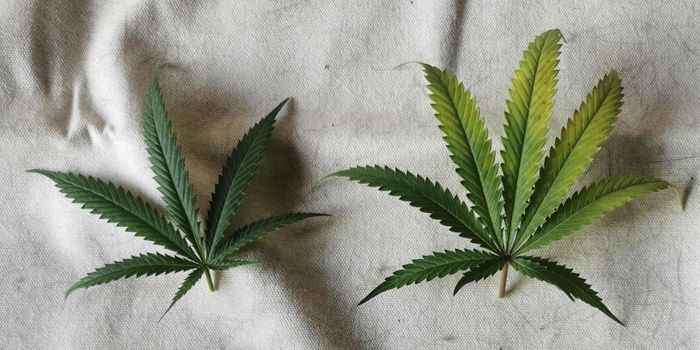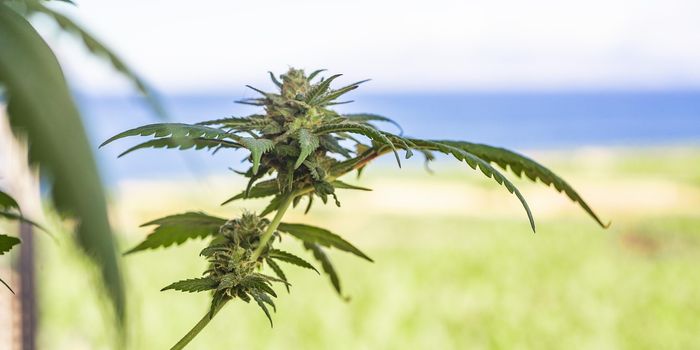Possible New Drug To Combat African Sleeping Sickness
Scientists have teamed up to combat African sleeping sickness, which is caused by trypanosomes, unicellular protozoans transmitted by the bite of an infected tsetse fly. They specifically discovered how an inhibitory substance docks on the parasite to deactivate one of its vital proteins. "There is still a long way to go before we arrive at a pharmaceutical product," says Professor Ute Hellmich of Johannes Gutenberg University Mainz (JGU). "But our highly interdisciplinary work involving parasitology, theoretical and organic chemistry, structural biology, and biochemistry has shown how the parasite that causes sleeping sickness can be rendered harmless."
African sleeping sickness affected about 15,000 in 2014. It is challenging to differentiate the infection from malaria as they both have similar symptoms in the early stages. "Not only the poorest people in sub-Saharan Africa are threatened, but also their cattle, which are affected on a dramatic scale by certain species of Trypanosoma brucei," explained biochemist Professor Ute Hellmich.
Learn more:
As of now, only a handful of drugs seek to treat the sleeping sickness, which is fatal if untreated. However, even though new drugs are in development, the approach in the new study goes one step further: "Our inhibitor opens up the future prospect of being able to design inhibitors on a fundamental level and could thus possibly also be used in the treatment of infection with other, related pathogenic parasites, such as Leishmania," says lead author, Annika Wagner.
"We were astonished and initially thought it was a chance effect due to experimental conditions," said Hellmich. "Instead, we took a second look at the result and then discussed it with experts from different fields. Research only progresses when we work together."









